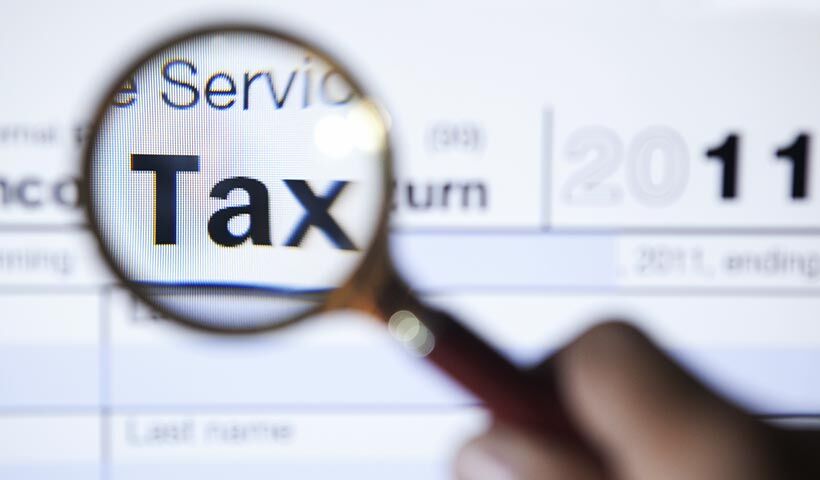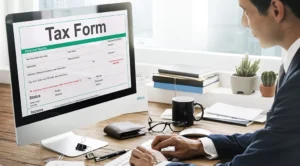Tourism Minister Sorawong Thientong has announced plans to revive the 300-baht Thai tourist tax on all incoming tourists to Thailand after it was shelved during the previous administration led by Prime Minister Srettha Thavisin. When the rule goes into effect, all tourists, whether entering Thailand by air, sea, or land, will be subject to a tourism fee upon arrival.
About Thailand’s Tourist Tax
This tourist tax scheme has been in discussion for several years as a way to both improve the economy and counter over-tourism in Thailand. It had even been approved by the Thai Cabinet in 2022 but has not been endorsed via publication in the Royal Gazette due to backlash from the private sector.
However, Mr. Sorawong is looking to change this as he states, “I believe the collection of the tourism fee benefits the tourism industry since the revenue can be used for the development of infrastructure and attractions, along with ensuring tourist safety.”
Though Mr. Sorawong is pushing for the implementation of the Thai tourist tax scheme, he has also expressed that more time is needed to study the readiness of the system and for the ministry to finalize the collection procedure in a way that will not discourage tourism sentiment. But once these concerns have been settled and the Thai tourist tax scheme is endorsed via publication in the Royal Gazette, tourists will be subjected to the following taxes:
- 300 THB (arrival by air)
- 150 THB (arrival by sea and land)
To answer questions as to whether these numbers are too high and if they will dissuade tourists from visiting Thailand altogether, Vice-President of the Tourism Council of Thailand (TCT), Surawat Akaraworamat, stepped in to point out that the tourist tax is indeed a reasonable sum. Compared to some countries such as Bhutan, which charges tourists over $100 per night, the tourist tax in Thailand is significantly lower.
How The Tourist Tax Revenue Will Be Used
Mr. Sorawong has pledged to stimulate tourism revenue to reach at least 3 trillion THB by the end of 2024 from both domestic and international markets, with the aid of several events such as marathons, Loy Krathong, and the New Year countdown. The revenue earned from the tourist tax will be used to support:
- Infrastructure Development: This includes transportation networks, public amenities, and attractions.
- Second-Tier Cities Development: This includes developing “second-tier” cities into popular destinations so they can handle more tourists, allowing over-visited destinations to recover while introducing tourists to other regions of the country.
- Tourist Safety: Proposed measures include better emergency services and security infrastructure at key tourist locations.
Reasons Behind Thailand’s Tourist Tax
As mentioned before, one of the purposes of the Thai tourist tax is to counter over-tourism by driving tourists to other regions of the country and allowing over-visited destinations to recover.
Previously, before the COVID-19 pandemic and when travel requirements were low, Thailand had closed several popular beaches for extended periods of time to prevent permanent damage to the ecosystems. Cities such as Phuket have also experienced high traffic congestion and water shortages due to over-tourism.
Now that the pandemic has passed and the government has introduced the DTV Visa Thailand and added more countries to the Visa-Exemption Scheme, Thailand is again experiencing an influx of tourists. By implementing the Thai tourist tax, Thailand hopes to resolve all these issues and grant incoming tourists more opportunities to explore and experience all the country has to offer, all the while increasing business opportunities for locals and improving the economy.
Who will be affected by the Thai tourist tax?
Further details have yet to be shared as to who exactly will be affected by the tourist tax. However, it is speculated that those arriving in Thailand with a Thailand Tourist Visa or entering through the Visa Exemption Scheme or Visa on Arrival program will be subjected to paying the fee, while residents and long-term Thai visa holders will be exempted.
With that being said, there has been no clear date as to when the tourist tax will come into effect, as the ministry is still mulling the details and gathering feedback from stakeholders. The government is reportedly considering beginning the collection in the final quarter of 2024 at the earliest or waiting until 2025.









































